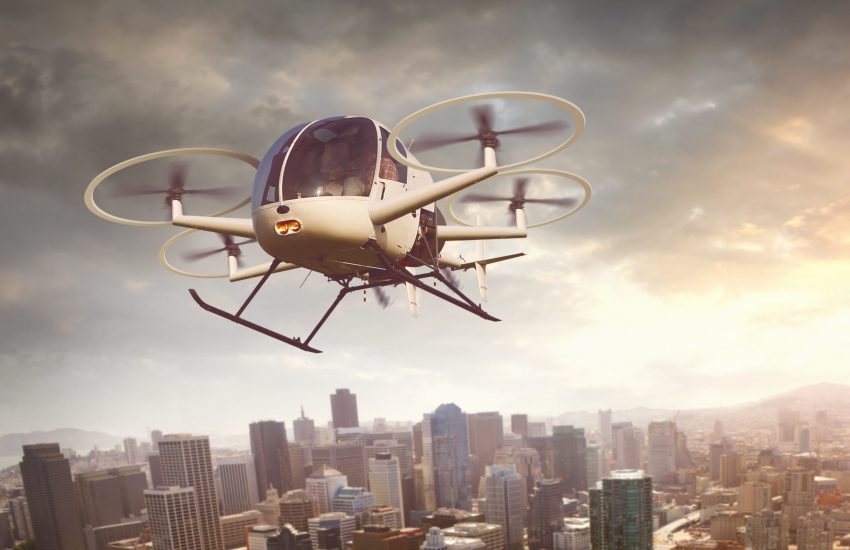Electrification of aviation has taken-off, how to prepare for a smooth landing
After propellers and jet-engines, the third era in aviation is electric propulsion. Electric propulsion in aviation seems to offer a wide variety of applications and transport options. Looking first at aircraft models and plans on the drawing board, we see a variety of new aircraft types. It is clear that electric propulsion offers some major advantages over current aviation due to its reduction in emissions and impact on the environment.
The introduction of electric aircraft is already a fact, albeit on a small scale. It started with the use of unmanned aerial vehicle or drones for all kinds of logistical and commercial applications.
Under the label of urban air mobility and regional air mobility, new aircraft types are being designed for passenger transport. The first electric aircraft are already available on the market and can be seen at airports. Their numbers are limited, they are small and the applications so far are mainly for recreational or pilot training use and given the many new companies active in this segment, we have only seen a fraction of what is yet to come.
Let us skip the technological challenges, such as design, construction, and certification of the vehicle itself, and look at other preconditions; airport infrastructure, airspace infrastructure and environmental issues. These preconditions will, just as they do in today’s aviation, also be obstacles for the future of aviation, although maybe with a different emphasis.
En-route challenges
That the integration of future aviation will face challenges is very plausible. There will be challenges in the integration in the airport system, the integration in the airspace system but also the integration in society. And although there are still many uncertainties, should we already prepare for this now, knowing large-scale airport or airspace modifications require many years of preparation?
For airports and airspace an important aspect is whether the operation of future aviation can be integrated into the existing one or if it needs to be a separate operation next to the existing. Urban mobility will likely be a separate operation with small vehicles operating at relatively low altitudes. This likely leads to issues on safety and the acceptance by society. The concept of regional air mobility assumes a short travel time from door to door through direct and frequent flights between destinations where there is not yet a quick connection. The success of the concept therefore depends on a much denser network of take-off and landing places. The latter requires new or upgraded locations where these aircraft can take-off and land. Here the integration of this new concept in the existing system of airports and airspace will be the challenge as there will likely be competition on the required physical (air)space. From the integration of drones in the airport and airspace system we know one thing for sure. The processes to achieve such an integration are multifaceted and take a lot of time.
Think on time to be on time
If we believe that the imminent change in aviation may solve mobility issues such as flexibility in transport and the impact on the environment, then we must start thinking on time about the integration of these new concepts into the social, environmental and technical infrastructure. In doing so, we will have to be flexible because there are still several hurdles to overcome that have the capacity to negatively affect the speed and form of these concepts. Based on a broad aviation experience, To70 can be your partner and guide in this process.
About To70. To70 is one of the world’s leading aviation consultancies, founded in the Netherlands with offices in Europe, Australia, Asia, and Latin America. To70 believes that society’s growing demand for transport and mobility can be met in a safe, efficient, environmentally friendly and economically viable manner. To achieve this, policy and business decisions have to be based on objective information. With our diverse team of specialists and generalists to70 provides pragmatic solutions and expert advice, based on high-quality data-driven analyses. For more information, please refer to www.to70.com.

